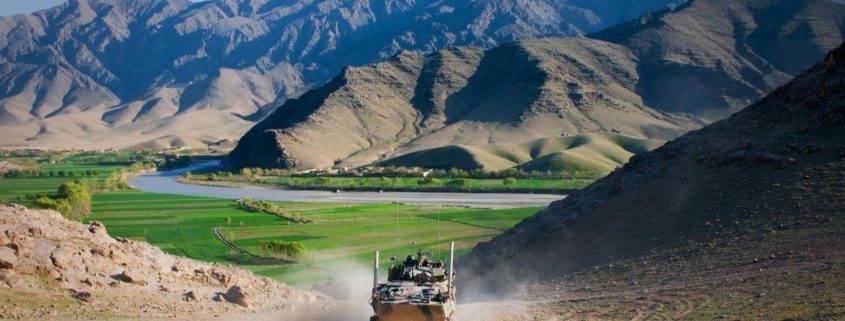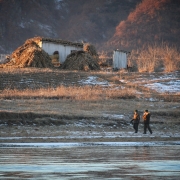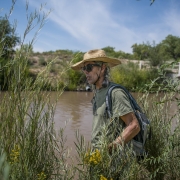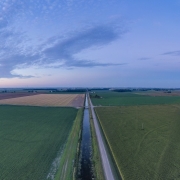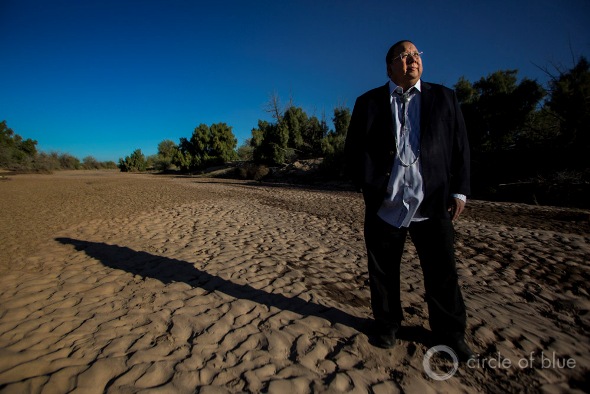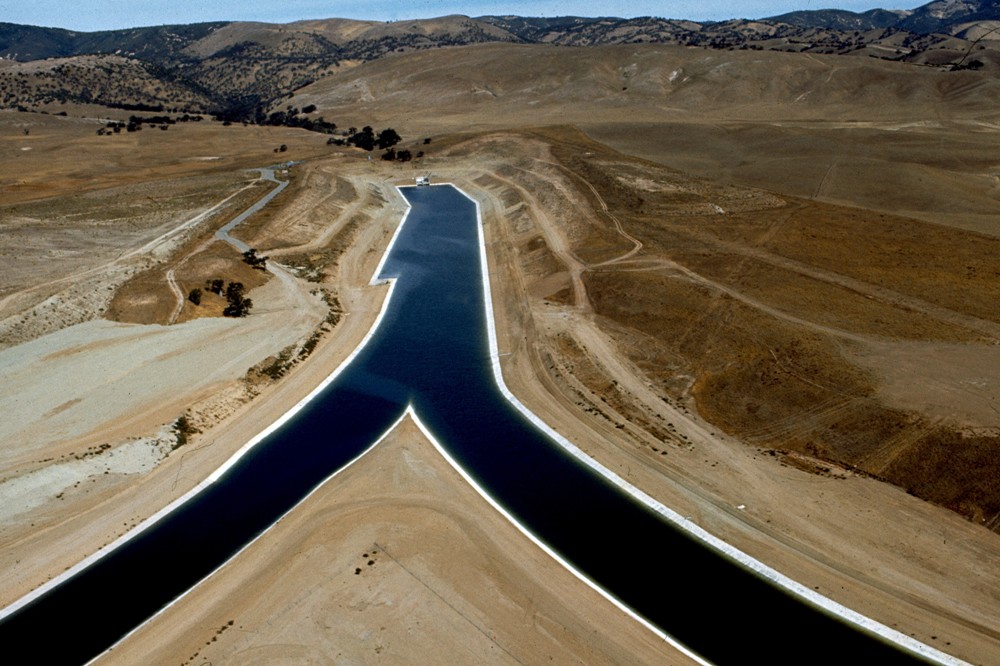HotSpots H2O, May 9: Attacks in Afghanistan Compromise Access to Clean Water
The Rundown
Rocket attacks and armed conflict in the Kunduz Province of Afghanistan leave many without adequate food and water. Officials estimate that five years and billions of dollars are needed to rebuild Mosul, Iraq, where fighting has destroyed countless homes and a great deal of infrastructure. Humanitarian agencies struggle to provide safe water to thousands of people who fled fighting in the Central African Republic. Villagers along the border of Nepal and India battle for water from the Pandai River. More than one million South Sudanese children have been displaced by violence, leaving them with limited access to clean water.
“After Mosul is fully liberated, we need a working plan to restore things to the way they were before 2014 when Islamic State took over.” – Noureldin Qablan, deputy chairmen of a council assessing damage to Mosul, Iraq. Officials estimate that long-term reconstruction of the city will span at least five years and require billions of dollars. In the short term, local authorities hope to restore water, electricity, and fuel to Mosul’s residents. Reuters
By The Numbers
450,000 Number of displaced people in the Central African Republic lacking safe water. Although CAR is beginning to recover from years of civil war, outbreaks of violence continue and the country remains dangerous for aid workers. Despite this, UNICEF hopes to provide safe water to 450,000 displaced people and their host communities in 2017. Relief Web
680 Average number of Afghans displaced per day between January and April 2017. In recent weeks, thousands have fled Kunduz Province amid violent attacks by the Taliban. Humanitarian agencies are rushing to provide food, water, and shelter to the newly displaced. Relief Web
Science, Studies, And Reports
A recent United Nations report estimates than more than one million children have fled the ongoing civil war in South Sudan, while another million have been internally displaced. These children face a variety of risks, including limited access to clean water and a higher susceptibility to waterborne diseases. UNHCR
On The Radar
The Pandai River, which lacks a formal treaty to allocate its waters, has been a source of dispute between villagers along the India-Nepal border for years, especially in the summer months when the river slows to a trickle. Recently, border guards developed a temporary solution: splitting the river into three streams. As summer approaches, though, tensions may flare again. Scroll
Kayla Ritter is a recent graduate of Michigan State University, where she studied International Relations and Teaching English to Speakers of Other Languages. She is currently based in Manton, Michigan. Kayla enjoys running, writing, and traveling. Contact Kayla Ritter

